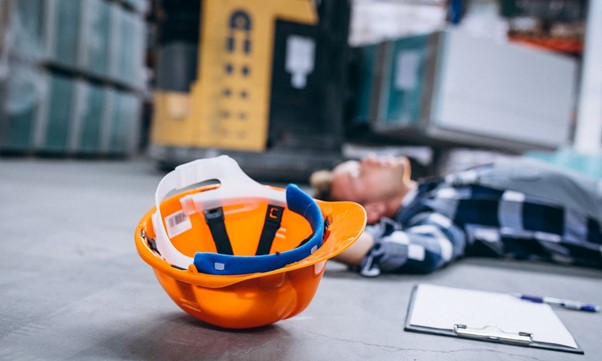Work-related business apps are now used by 83% of the workforce.
New research from business app marketplace, GetApp, has examined the changes in tech over the last decade that have shaped the modern workplace, finding that 78% of people now work remotely at least some of the time as part of their role.
The research found that, at the end of 2019, 36% of people said they work remotely at least once a week. This figure can be compared to 9.5% who said the same in 2010, showing a 400% increase over the course of a decade.
Powerful business software advancements have been at the heart of many of these changes, with 60% of businesses now using instant messaging such as Skype, Slack and Microsoft Teams for internal communication and 83% of employees using work apps on their smartphone.
The fact that nearly half (45%) of respondents said that they used communication and collaboration apps most frequently shows the increased importance of tech in the facilitation of remote working.
In a decade where data security has hit the headlines, with threats from ransomware and spear phishing, businesses have had to step up their security measures – especially with employees working with potentially sensitive information outside the office. Despite this, the research found that 40% of employees can’t confirm receiving any data security training, with 43% of those who do receive training saying it’s not carried out on a regular basis.
Zach Capers, Analyst at GetApp, commented on the research, “Our analysis of the last decade in technology shows how the increased use of cloud-based software has helped to change the way we work, making remote work and collaboration easier. However, this all comes with increased responsibility to keep information secure.
“Business apps such as Skype and Microsoft Teams allow workers to keep in touch with colleagues wherever they are in the world and cloud storage allows for collaboration across teams and departments. But with this increased use of technology, we hope to see even more focus on data security training in the future.”
This article was submitted by GetApp.

























